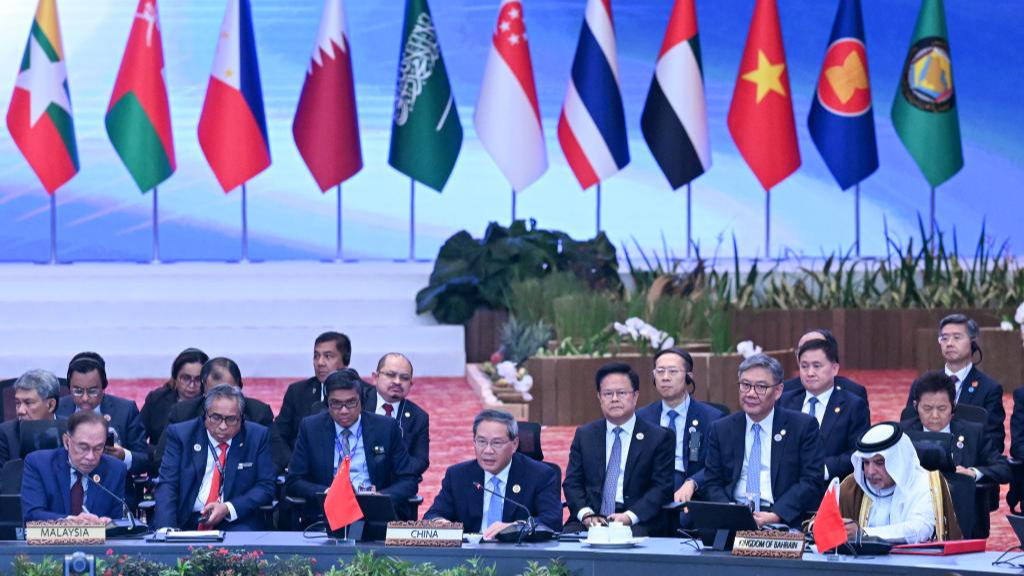China, ASEAN, and GCC Commit to Strengthening Strategic Partnerships for Regional Stability and Economic Growth
China, ASEAN, and GCC nations unite to bolster cross-regional cooperation amid global challenges.


Amid intensifying global uncertainties, leaders from China, the Association of Southeast Asian Nations (ASEAN), and the Gulf Cooperation Council (GCC) convened in Kuala Lumpur on Tuesday to chart a new course for cross-regional partnership. The summit concluded with a commitment to deepen economic, strategic, and cultural collaboration, signaling a unified response to mounting international challenges.
According to a joint statement released immediately after the historic trilateral meeting, the participating nations acknowledged their collective efforts in fostering closer cooperation and coordination. The document highlighted China's initiative to construct a more robust ASEAN-China community with a shared future, as well as the vision for a China-Arab community poised to thrive in what was described as a "new era." This dual approach reflects Beijing's strategic focus on regional solidarity and sustainable multilateral development.
The leaders emphasized the ongoing importance of the rules-based multilateral trading system, with the World Trade Organization (WTO) at its core. Reaffirming their resolve, they called for an economic globalization that is not only more open, but also inclusive, balanced, and beneficial to all their peoples. Ensuring that globalization serves both present and future generations, the participants underscored the role of unity and mutual trust in tackling global economic headwinds.
While specific areas of collaboration were not detailed in the immediate aftermath of the summit, expectations are high for enhanced cooperation in fields ranging from infrastructure and energy to green technology and digital trade. This trilateral effort is widely viewed as a response to shifting geopolitical alliances and economic fragmentation, aiming to create a stabilizing framework amid a rapidly changing world landscape.
As the chair of ASEAN this year, Malaysia played host to this pivotal gathering, which leaders hailed as a milestone moment in interregional dialogue. Many anticipate further announcements regarding concrete projects and joint initiatives in the coming months, with hopes that this renewed partnership will contribute substantially to peace, stability, and prosperity across Asia and the Middle East.




